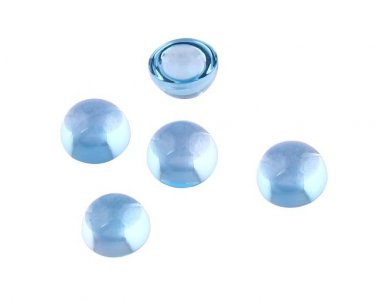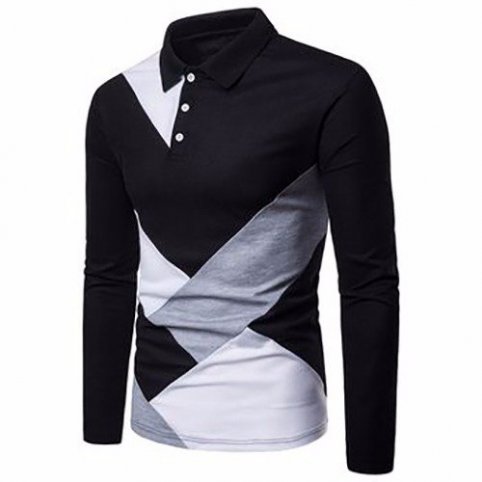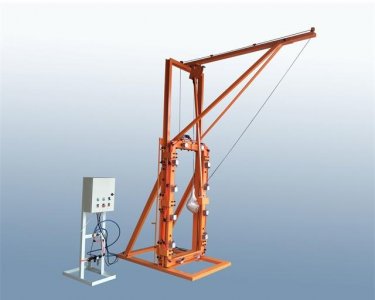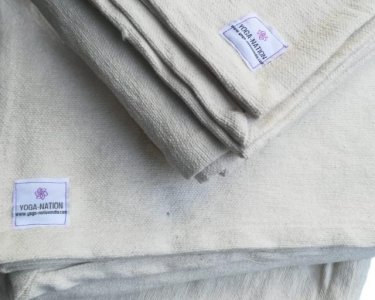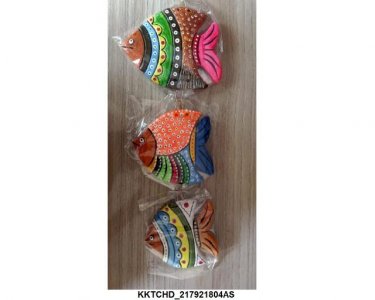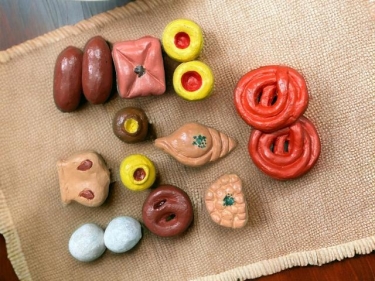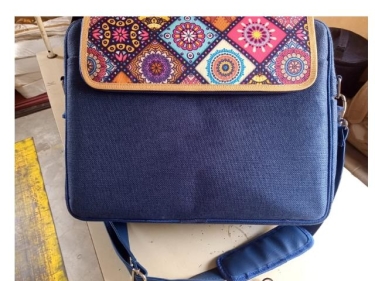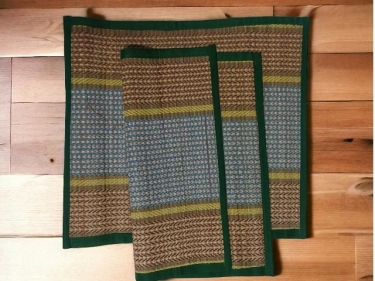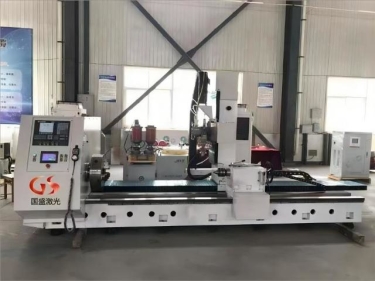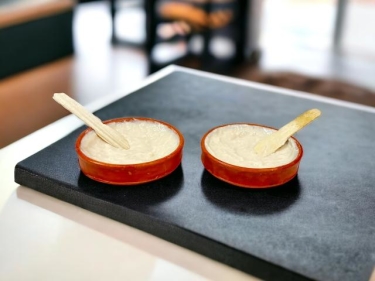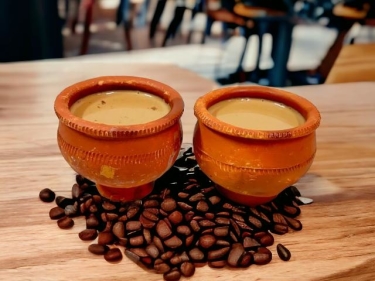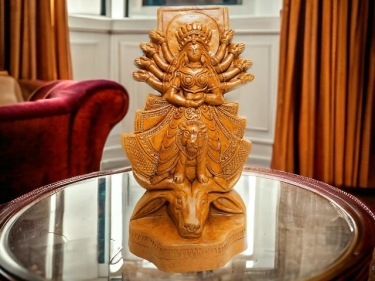Search Results for "macau" in "Macau" on Export Portal
Active Filters
-
Keywords:
-
Country:
- Clear all
New Search
Couldn't find the product you want?
Fill out this form to request the product.
Exports
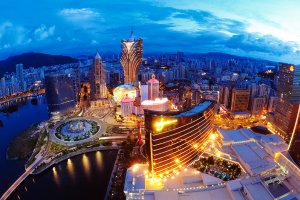
Macau is one of the two Special Administrative Regions of the People's Republic of China (the other being Hong Kong). Macau lies on the western side of the Pearl River Delta across from Hong Kong, which is about 64 kilometers to the east, and it is also bordered by Guangdong Province to the north and the South China Sea to the east and south. With an estimated population of around 636,200 living in an area of 30.3 km2, it is the most densely populated region in the world. Macau is also a Special Administrative Region of China that shares many structural similarities with its close neighbor Hong Kong.
Primary exports of Macau are commodities, that include mostly: clothing, textiles, footwear, toys, electronics, machinery and parts.
Macau's primary exports partners include:
- Hong Kong
- USA
- China
- Germany
Customs requirements of Macau
Macau Customs Contact Information:
Website: http://www.customs.gov.mo/en/index1.htm
Email: info@customs.gov.mo
Address: Rua S. Tiago da Barra, Doca D. Carlos I, SW, Customs Headquarter, Macau, P.O. Box 156, Macau
Telephone: 28559944
Fax: 28371136
Macau is a Special Administrative Region (SAR) of the People's Republic of China. Macau is a small peninsula in mainland China, across the Pearl River Delta from Hong Kong. A Portuguese overseas territory until 1999, it reflects a mix of Portuguese and Chinese influences. Its giant casinos and extravagant malls have earned it the nickname, the "Las Vegas of Asia." One of its more striking landmarks is 338m-high Macau Tower, with sweeping city views.
Tariffs
Macau is virtually a free port, with tariffs being imposed only on tobacco products, petrol, vehicles and spirits.
All livestock, plants, vegetable products, meat and food are subject to Civic and Municipal Affairs Bureau's sanitary quarantine. Import of food requires both import license and sanitary quarantine; those are meat (fresh, chilled or preserved), sausage, fish (ornamental fish excepted), seafood, dairy products, eggs, ice cream and other edible ice, etc.
In order to prove that they are edible for human consumption, food that need not to apply for the import license but still have to undergo sanitary quarantine are those edible vegetables, fruits, mushroom spawn, sugar cane and caviar, etc.
Import licences are required for importation of pharmaceuticals, chemicals, weapons, transceivers and radar equipment, and equipment and materials for manufacture of optical discs.
Certificates
Most food products do not require an import licence. However, in order to ensure that they are fit for human consumption, all livestock, plants, vegetable products, meat and food are subject to a sanitary quarantine or phyto-sanitary quarantine inspection by the Civic and Municipal Affairs Bureau.
Spirit imports, other than wine, are subject to pre-approved certification and tariff procedures.
Labelling and marking
There is no specific legal requirement or regulations for prepacked foodstuffs labelling. In general, the use of labelling as required by the country of origin is acceptable. The Macau government readily accepts food labels which are designed for Hong Kong and China market.
Though special packing requirements for food products is not expected, there is an administrative requirement to register the food labelling and packaging design for milk powder, pharmaceuticals and all other products that have a treatment effect on skin, before they are imported into Macau. The registration process takes 3 to 4 months for approval. Any change in the packaging design requires the product to go through the registration process again.
Special certificates
It is mandatory for all imported seafood (ornamental fish excepted), meat and poultry (fresh, chilled or preserved), dairy products, eggs, ice cream and fresh produce (other than that from China) to be accompanied with import license and valid health certification issued by from respective authorities in the country of export.
Live animals, cut meat, seafood, dairy products, eggs, ice cream and fresh produce imported from China is subject to special inspection and quarantine procedures.
Please note that generally, the responsibility of meeting the above legal and administrative requirements rests with local importers.
Sources:
http://www.customs.gov.mo/en/index1.htm
http://www.iatatravelcentre.com/MO-Macao-customs-currency-airport-tax-regulations-details.htm
https://macau.visahq.com/customs/











